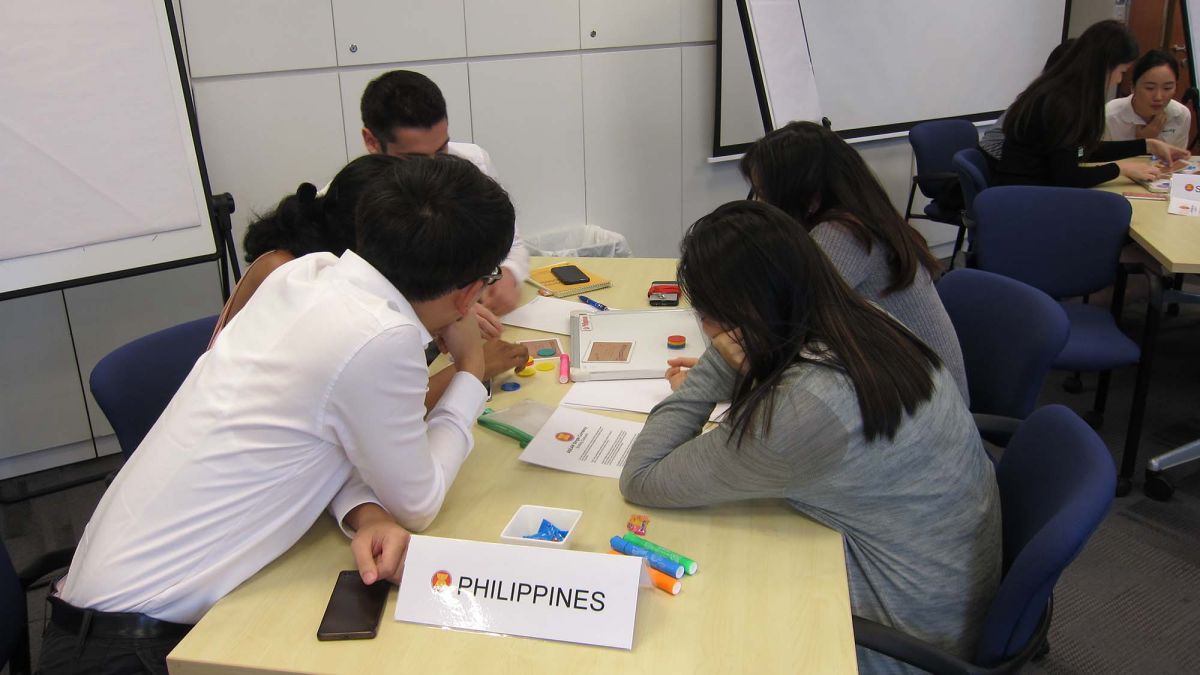Are you sometimes frustrated that your co-workers don’t exactly do what you asked them to do?
One of my coaching clients, let’s call him Tom, is the sales director of a HK company. He recently complained that he told his regional sales manager Michael already for the 3rd time that he should do more research before contacting any new lead he gets. He noticed from his visiting reports that the meetings were often a waste of time.
I asked him: “What do you think is the reason for Michael to resist your advice?” Tom said that he asked him the same question and that he made excuses like that he was too busy or that he felt he did sufficient research.
People’s behavior is often rooted in certain beliefs and unless these beliefs fundamentally change the behavior is likely to repeat itself. I found that coaching is an effective way to help people shift their beliefs. Typically it requires 3 steps:
- Creating clear awareness for existing beliefs
- Discovering how these beliefs work for the person
- Challenging these beliefs to reveal how they limit success
In order to successfully do that, the manager needs to learn a few fundamental coaching frameworks and skills:
- Being ‘non-judgmental’, i.e. putting one’s own judgment aside and develop an honest curiosity about the thinking patterns of the coachee (in this case Michael)
- Leaving the ownership of what needs to change with the coachee
- Questioning skills to positively challenge current thinking in order to create new perspectives and changes in the way the coachee thinks
Tom realised that unless Michael profoundly changes his beliefs, he would not really change his behavior. After learning some basic coaching competencies, Tom managed to better understand Michael and to help him discover how more preparation would actually benefit him more than his current approach.
Consider an employee you are experiencing a challenge with and think how the coaching approach might help them move forward.
By Charlie Lang, Progress-U Ltd.



